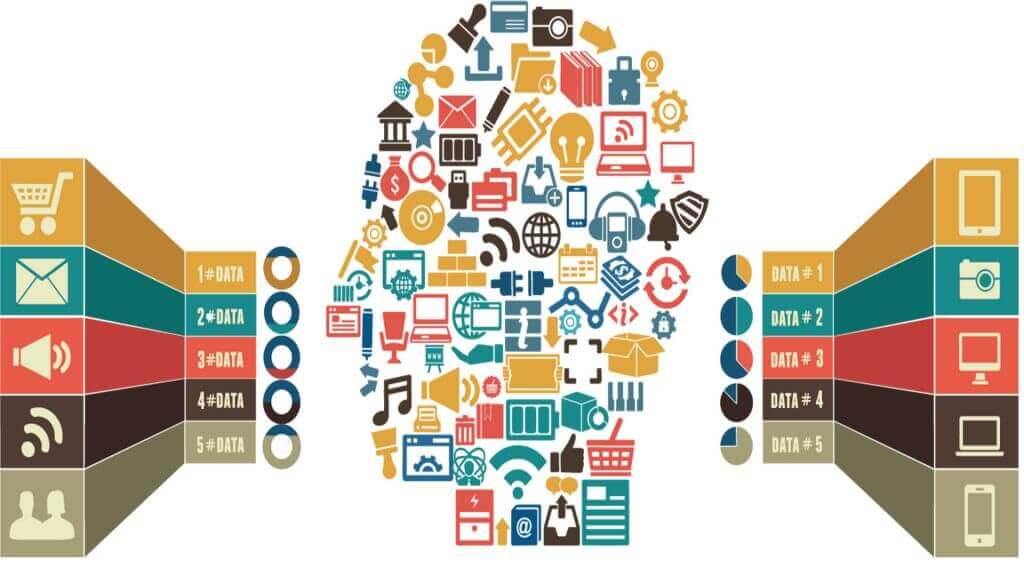
Data’s value increases when it’s shared, and you can make money by selling it. Sharing data allows marketers to better understand who their best customers are, which consumers they should market to, and with what specific offers.
Nesta developed the concept of a ‘datavore’ in the 2012 report Rise of the Datavores. This defined datavores as companies which “gather online customer data intensively, subject this data to sophisticated analyses (such as controlled trials and data and text mining), and use what they learn to improve their business. They also report that they are more innovative than their competitors, in products as well as processes.
Uber has made its API generally available for any developers who want to find interesting ways to embed the service into their apps. That means any app that can send a destination address to Uber will be able to display pickup times and fare estimates without users having to leave their apps. Legacy companies have to change their mindsets to allow such initiatives to flower. Companies need to be getting more senior people within Marketing or as a separate function own the process of improving Customer experience through smart partnerships. Intelligently done this can open new channels, streamline customer processes & create innovative new products or services. Earlier you could get away without this because business was not so digital. Now your customers, your business operations, and your competitors are fundamentally digital.
But many companies don’t get this. In fact, we don’t value our customer data, even our furniture appears on our balance sheets but value of customer data is ignored.
By 2020, an estimated 50 billion devices will be wirelessly connected to the internet. At the same time, from 2012 to 2017, machine-to-machine traffic will grow an estimated 24 times, a compound annual growth rate of 89%. The majority of data will be collected passively through machine-to-machine transactions. Although still projected to grow rapidly, the overall proportion of data actively generated by individuals will decline. So a lot of data about us as customers will be passively collected without us even knowing about it.




